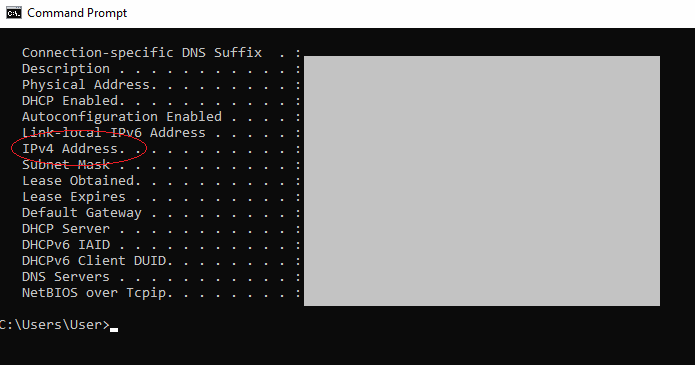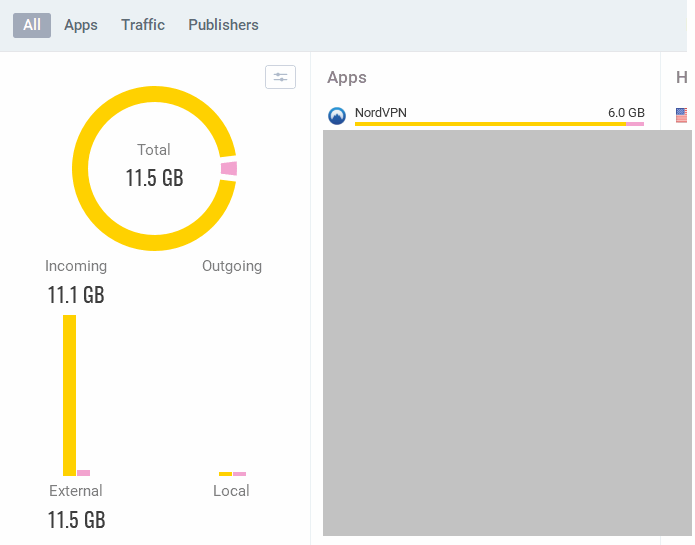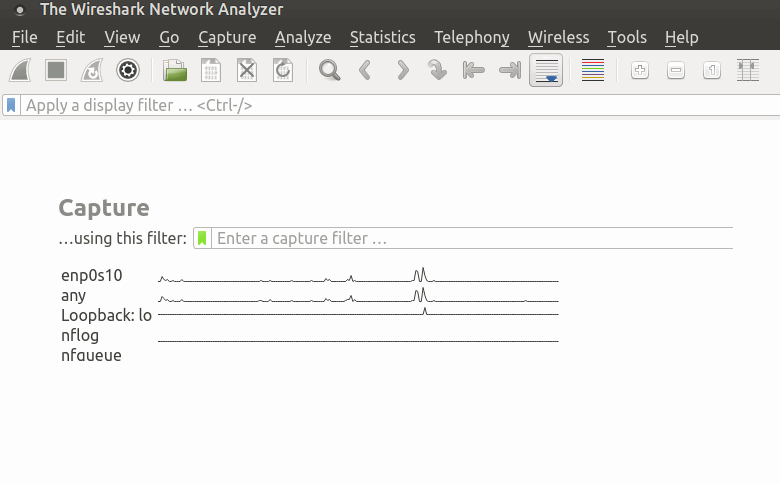VPN Encryption: Know If Your VPN Is Encrypting Your Connection
One of the best features of a VPN is online security. With the help of a VPN, a user will be protected from any type of snooping – not even the ISP or Internet Service Provider could monitor your online activity. It's a simple, yet effective form of security that should be considered by any online user.
VPN's security stems from its ability to encrypt the user's transaction. When activated, every online communication and transaction is encrypted; they cannot be read by anyone else other than its intended target. VPN users will always have peace of mind knowing their transactions were not monitored by anyone else.
Verifying VPNs Claims of Security
Anyone can make big claims online and that includes every VPN company. A VPN service provider can claim they are the best in the business, most secure or even budget friendly with the right security. Some would even throw some random tech jargons to show they really know what they are doing in terms of protecting their clients from any type of attacks and monitoring.
Fortunately, there are ways of knowing a VPNs claim of security. If you're already running a VPN on your computer, these tools can help you out to learn more about your online security through VPN.
Checking for DNS Leak
DNS or Domain Name System is often called the "phonebook of the internet" because it practically comes with a name of a website or service and an IP address. When you connect to a website or online service, you go through DNS which will naturally inquire about your IP address. If the VPN set-up is not right or downright bad, there will be a DNS leak that will reveal your actual location instead of protecting it.
Fortunately, there are free websites that offer free DNS Leak Test services. These sites will immediately reveal the IP address, DNS Servers, and the ISP. If the VPN's selected country as its server is different from the DNS leak claims, then there's a problem with the set-up or connection. For example, a user may have set-up a VPN to claim that it's located in the USA. There's a DNS leak if the DNS leak test shows it's in a different country.
Finding Your IP Address
Another really simple trick to know if your VPN actually works is to check for your IP address in your computer. If you're using a PC, launch the command prompt using Windows+R (For Mac, simply find the terminal) and type in "ipconfig/all". The command prompt will display a bunch of numbers on your screen, but you only need to find "IPv4 Address".

Take note of this number before and after you run your VPN. If the VPN is properly working, it should be able to change your IP address to screen your device.
There are also websites that offer free IP address checks. You can use their services to determine if your IP address before and after VPN use has been changed.
GlassWire and Wireshark
GlassWire and Wireshark are two network monitoring software that can also be used to determine if your VPN is working properly. For PC users, GlassWire is a very useful tool that can help not only to determine how much data you are using but also on your VPN activity.

If you see your VPN, then the data transaction should go through to your VPN that comes with massive data.
If you're not using a PC, Wireshark is a solid option because of its robust network monitoring capabilities. It will require some learning curve though but it's a powerful tool once mastered.

After installing Wireshark, select your connection method (Wifi, Ethernet, Etc.) to monitor all relevant connections. Choose a data package to learn more about its connection and a VPN enabled connection should display "ciphertext" which signifies that the connection is encrypted.
Using these websites and tools, make sure your VPN works as expected. From free to paid VPN provider, any of these services should give some form of encryption.
Posted on